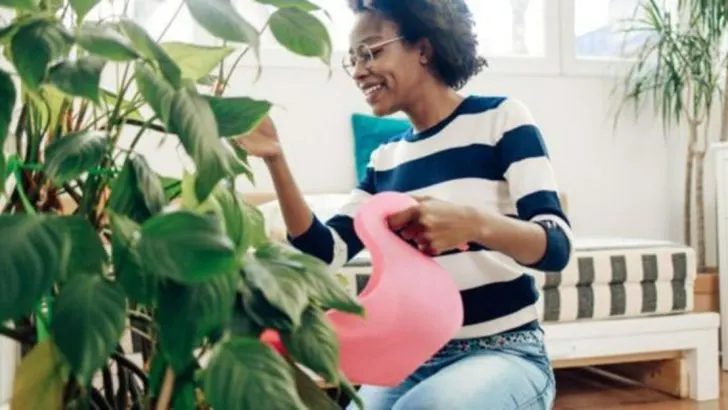Women who love plants hold the secret to a longer, happier life! Surrounded by greenery, you tap into a natural chill pill—stress melts, moods lift, and your smile gets a garden boost. Those leafy roommates don’t just look good—they pump fresh air into your world and inject calm into busy days. Tending pots and plots turns into a daily dose of sunshine and gentle exercise. Every watering can becomes a mini workout, every pruning session a meditation in motion. Your body thanks you with stronger muscles, your heart thanks you with lower pressure. Plant passion sparks creativity and connection. You swap gardening tips with friends, discover new blooms, and watch your plants mirror your own growth. That sense of purpose—nurturing life from seed to flower—fuels resilience and lights up your spirit. Ready to grow joy, health, and longevity? Dive into these 14 green-powered rituals that women swear by for living their best, longest chapters.
Stress Reduction

Plants have a calming effect, reducing stress levels significantly. When a woman tends to her garden or nurtures houseplants, she engages in a soothing activity that promotes relaxation. The act of caring for plants allows her to focus on the present, providing a break from daily worries.
Studies show that simply being around plants can lower cortisol levels, the hormone associated with stress. This engagement with nature helps women feel more grounded and peaceful, as if they are bringing a piece of the natural world into their own lives.
Air Quality Improvement
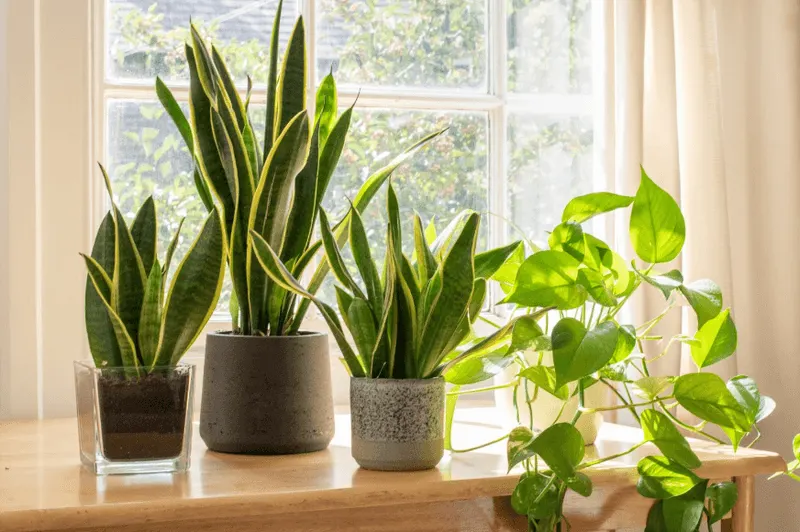
Plants play a crucial role in purifying the air, offering women a healthier living environment. By absorbing toxins and releasing oxygen, houseplants enhance air quality, which can lead to improved respiratory health. Women who surround themselves with greenery breathe cleaner air.
This connection to nature within the home not only elevates mood but also boosts overall health. Cleaner air contributes to better sleep, increased energy levels, and a sense of well-being, making it easier for women to thrive in their daily routines.
Sense of Accomplishment
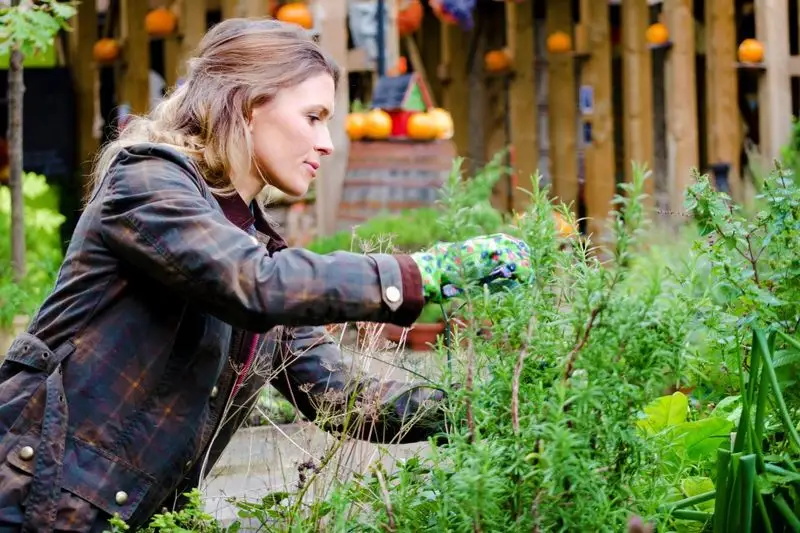
Nurturing plants provides a tangible sense of accomplishment for many women. Watching a seed grow into a flourishing plant is a rewarding experience, offering a sense of purpose and achievement. This nurturing process parallels personal growth and development.
Women often report feeling empowered and fulfilled as they witness their plants thrive under their care. The act of gardening or tending to houseplants becomes a metaphor for personal success and resilience, reflecting inner strength and dedication.
Community and Connection
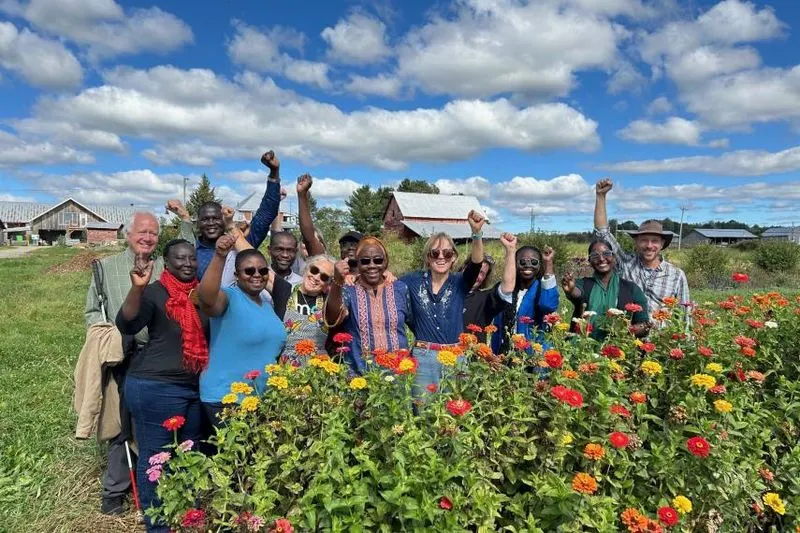
Plants bring people together, fostering a sense of community and connection among women. Whether through local gardening clubs or online plant groups, women bond over shared horticultural interests. This connection transcends cultural and age boundaries, uniting women from different backgrounds.
These interactions create a supportive network where knowledge and experiences are exchanged. Women find companionship and support, enhancing their social lives and emotional well-being. The communal aspect of plant love nurtures friendships that enrich their lives.
Boosted Creativity
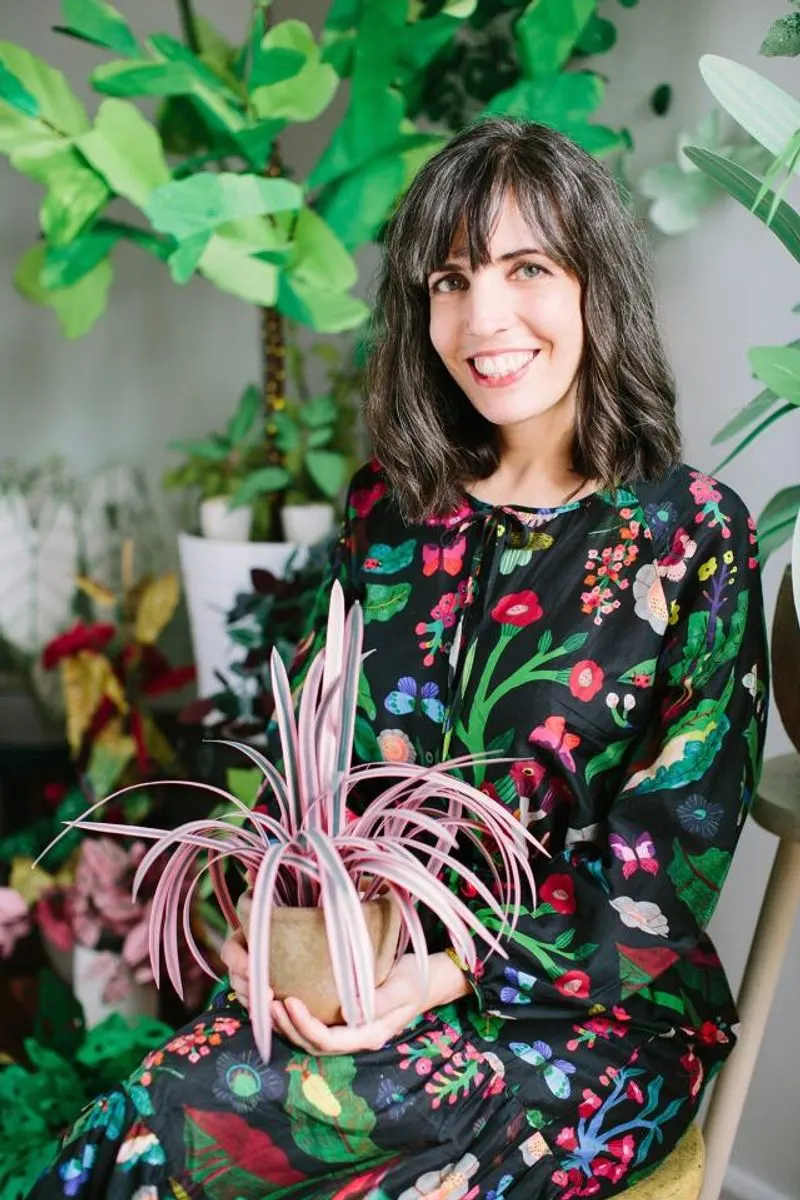
Surrounded by the natural beauty of plants, women often find their creativity enhanced. Plants inspire artistic expression, whether through painting, writing, or crafting. The diversity and patterns in nature ignite imaginative ideas and innovative thinking.
Engaging with plants encourages women to explore new creative pursuits and experiment with different styles. This boost in creativity not only brings joy but also contributes to personal growth and self-discovery, offering a vibrant outlet for expressing individuality.
Physical Health Benefits
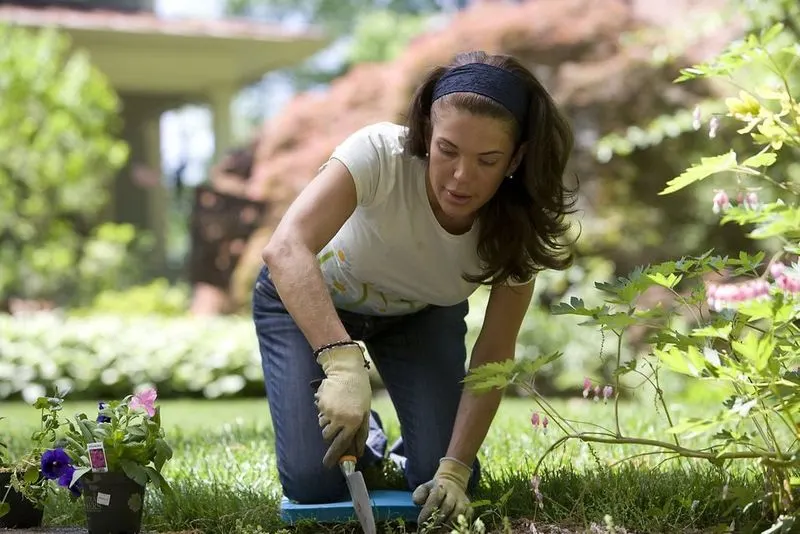
Plants contribute to physical health by encouraging outdoor activities like gardening, which serves as a form of exercise. Women who engage in gardening benefit from increased physical activity, which supports cardiovascular health and muscle strength.
The fresh air and sunshine experienced while tending to a garden further promote physical wellness. This active lifestyle contributes to longevity, helping women maintain their health and vitality as they age. The symbiotic relationship between plants and physical health is undeniable.
Mindfulness and Focus

The presence of plants aids women in practicing mindfulness and enhancing focus. As women care for plants, they enter a meditative state that sharpens concentration and clarity. This mindful engagement with nature fosters emotional balance and mental acuity.
Women who incorporate plants into their living spaces often find it easier to focus on tasks and maintain a calm demeanor. This practice of mindfulness extends beyond plant care, influencing other areas of their lives positively. The tranquility plants offer is transformative.
Emotional Support
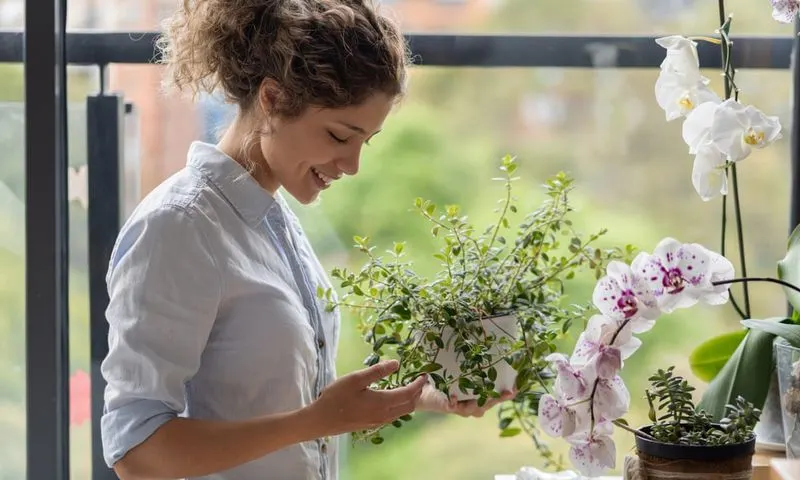
Plants can serve as emotional anchors, providing support during challenging times. Women often turn to their plants for comfort and solace, finding a non-judgmental presence that listens without interruption. The act of nurturing plants parallels self-care.
This relationship offers emotional stability, helping women cope with stress and sadness. The companionship of plants is a source of joy and consolation, reinforcing a sense of connection to the living world. Plants become confidants, grounding women amidst life’s uncertainties.
Aesthetic Enhancement
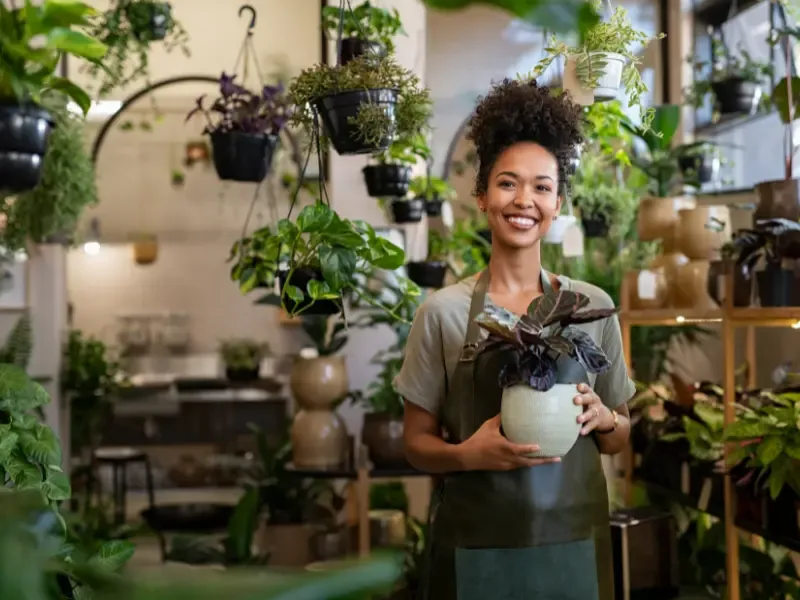
Plants add aesthetic beauty to a woman’s environment, transforming spaces into vibrant, inviting areas. The array of colors, shapes, and textures offers endless decorating possibilities that can reflect personal style and taste.
By integrating plants into their homes, women create living art that brings joy and satisfaction. The presence of greenery enhances the ambiance, making living spaces more enjoyable and comforting. This aesthetic delight contributes to a positive mood and an uplifting atmosphere.
Connection to Nature

For women, plants act as a bridge to the natural world, fostering a deep connection with nature. This relationship encourages a greater appreciation for the environment and its preservation. Women who love plants often become advocates for sustainability.
Interacting with plants instills a sense of responsibility toward the earth and encourages eco-friendly practices. This bond with nature provides a sense of belonging to something greater, enriching women’s lives with purpose and meaning.
Personal Growth

Plants mirror personal development, with each stage of their growth symbolizing new phases in life. Women who nurture plants often find parallels in their own growth and evolution. This connection fosters self-reflection and introspection.
Caring for plants serves as a metaphor for resilience and adaptability, teaching women valuable life lessons. The journey of tending to a garden parallels life’s challenges and triumphs, offering insights into perseverance and transformation.
Financial Benefits

For many women, a love for plants evolves into financial opportunities. Whether through selling home-grown produce, crafting plant-based products, or offering landscaping services, plants can be profitable.
This entrepreneurial spirit not only provides financial independence but also aligns with passions. Women find fulfillment in turning hobbies into viable income sources, blending creativity with commerce. The economic benefits of plants offer a rewarding way to combine passion with livelihood.
Sense of Responsibility

Caring for plants instills a sense of responsibility and commitment. For women, this nurturing role echoes into other aspects of life, reinforcing accountability and dedication to family, work, and community.
This sense of duty extends beyond plant care, fostering reliable habits and dependable character traits. Women who embrace this responsibility find it rewarding and fulfilling, as it enhances their personal growth and life satisfaction.
Legacy and Tradition
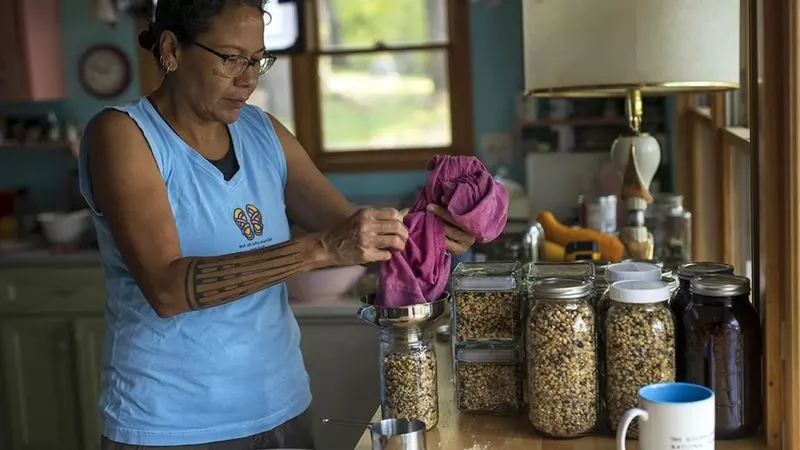
Plants often become a legacy, with traditions and knowledge passed down through generations. Women play a key role in preserving these traditions, sharing gardening wisdom and practices with family members.
This transfer of knowledge strengthens family bonds and keeps cultural heritage alive. Women find joy in nurturing this legacy, ensuring that the love for plants continues to flourish in future generations. The traditions surrounding plants enrich family histories and create lasting memories.

